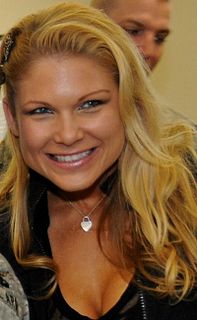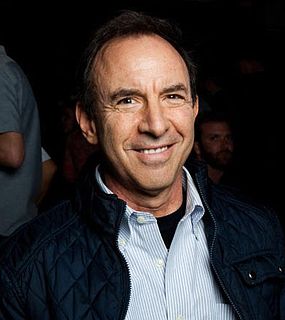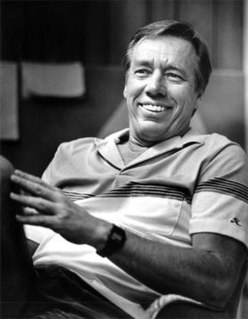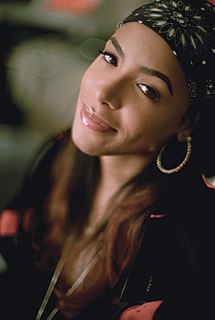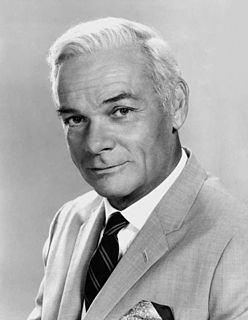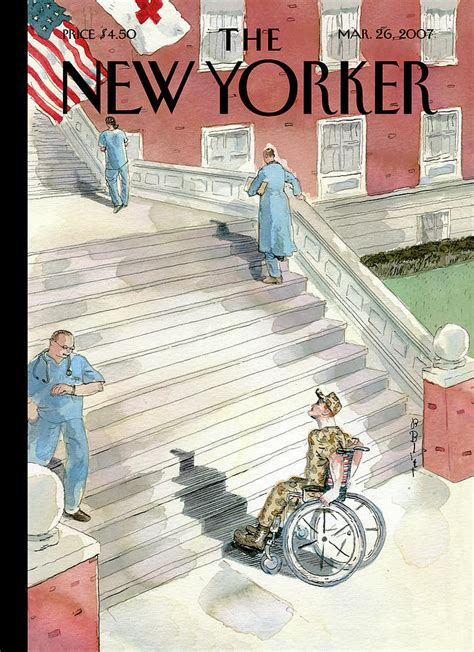A Quote by Marc Ostrofsky
I ended up buying business.com for $150,000 because I wanted to make it a magazine. It would have been a 'Time'-type magazine: how to do business on the Internet. And I was offered a lot of money for that domain. I played two buyers against each other.
Related Quotes
I set up this magazine called Student when I was 16, and I didn't do it to make money - I did it because I wanted to edit a magazine. There wasn't a national magazine run by students, for students. I didn't like the way I was being taught at school. I didn't like what was going on in the world, and I wanted to put it right.
My very first venture was a national student magazine to try to campaign against the [Vietnam] War. And so I wanted to be an editor. I wanted to bring the magazine out. And in order for the magazine to survive I had to worry about the printing and the paper manufacturing and the distribution. And, you know, I had to try to, at the end of the year, have more money coming in than going out.
If a magazine proudly labels itself 'The Economist,' you would expect that publication to understand the economic burdens of today's youth. But when a tone-deaf writer at the magazine tweets an article asking 'Why aren't millennials buying diamonds,' it pretty much sums up how oblivious some can be in matters they're supposed to be experts in.
When you get into this business you have to grow up quickly. But I wouldn't say I've lost any of my childhood, I've always been a mature child. My Mom says I've been like that since I was little kid. I make time for my friends and I make time for things that other kids do. This is a business and I knew what I was getting into. I make time for being a kid, but I also know when to put on my business hat and go for the business.
The magazine business is dying. It's a hard time for publishing. It does seem that everyone is much more opinionated now. I think there's probably more room for making opinionated illustrations. There was a time when Time magazine and Newsweek would have a realistic painted cover. A friend of mine used to do a lot of those paintings and he was told by the art director at one point, we are switching to photography. It seems that if someone saw a painting on a cover, it took a while to do, it must be old news. Photography became more immediate.
I was co-editor of the magazine called The Jazz Review, which was a pioneering magazine because it was the only magazine, then or now, in which all the articles were written by musicians, by jazz men. They had been laboring for years under the stereotype that they weren't very articulate except when they picked up their horn.
First, at a certain point, I wanted to have my own magazine, but I never could. Why? Because I am not commercial enough. The people who would have been able to give me my own magazine, they were not insulting me, but they would simply say, "It wouldn't work for you." And that was a big disappointment to me.


